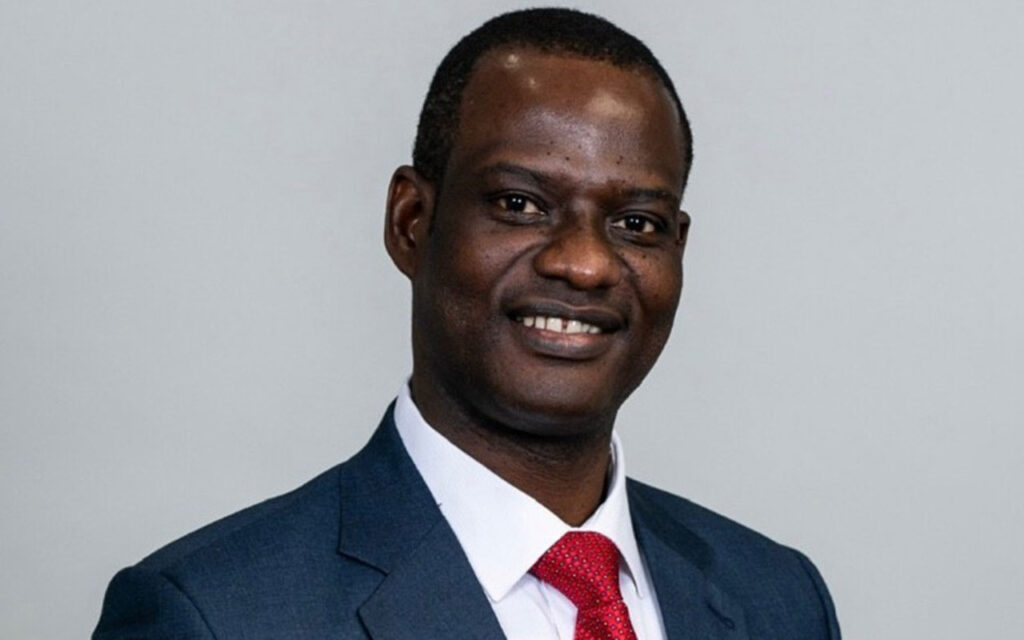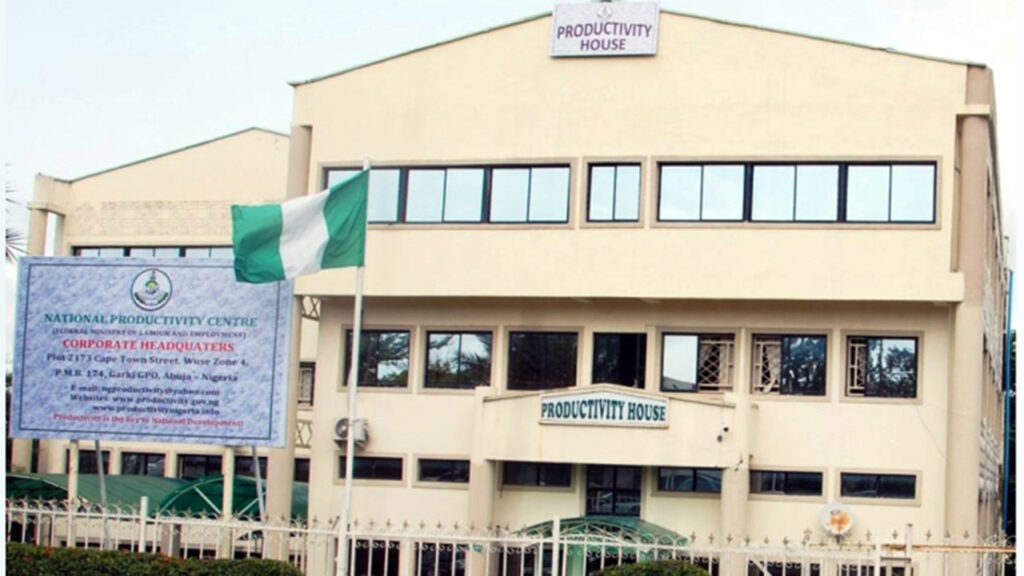The Chairman of the Presidential Committee on Fiscal Policy and Tax Reforms, Taiwo Oyedele, has advocated an hourly minimum wage for Nigerian workers.
He said this would require workers to clock in and out of the workplace and give them opportunities to work in multiple places.
This comes as diverse opinions continue to trail the monthly salary system and the adoption of a living wage.
Oyedele, who spoke last week on Channels, suggested rethinking the structure of the minimum wage, proposing that it should be calculated based on hourly work.
Oyedele also mentioned that civil servants should be allowed to engage in other types of work, except farming, while working for the government, as long as it does not conflict with their government duties.
“My view is that we need to use this opportunity of minimum wage to have a rethink about our minimum wage structure. First and foremost, I do think it should be calculated per hour. And we need to relax some of the rules about civil services and what they can do. It should not just be limited to farming.
“You should be able to do more than one job provided that there’s no conflict and you can give the minimum hours to the government,” Oyedele said.
He stressed the need to link wages to productivity for both employers and employees to properly contextualise wages.
According to him, without productivity and output, even a N1 million minimum wage would soon lose value and equate N30, 000.
He emphasised the need for measurable productivity standards for workers, which would help boost government revenue overall.
“There should also be conversations around measurable productivity. Imagine for instance if you’re able to measure the productivity of civil servants on behalf of government. We have a structure that says the government cannot pay you a minimum wage that is less than the productivity that you have.
“What that will do for all of us is that civil servants will then start focusing on productivity because it drives their minimum wage. Otherwise, at the end of the day, it doesn’t matter how much we pay, even if it’s N1 million per month, if it’s not supported by productivity and output, give it about two months, and the N1 million will look exactly like N30,000 today,” he said.













